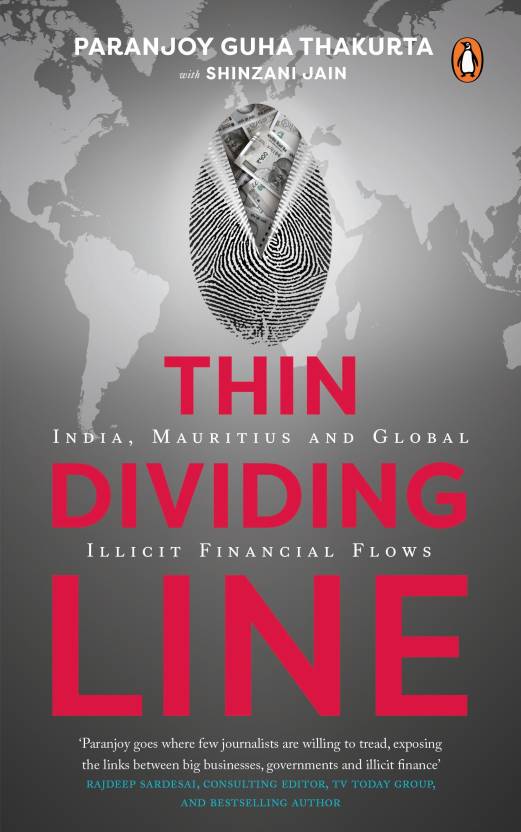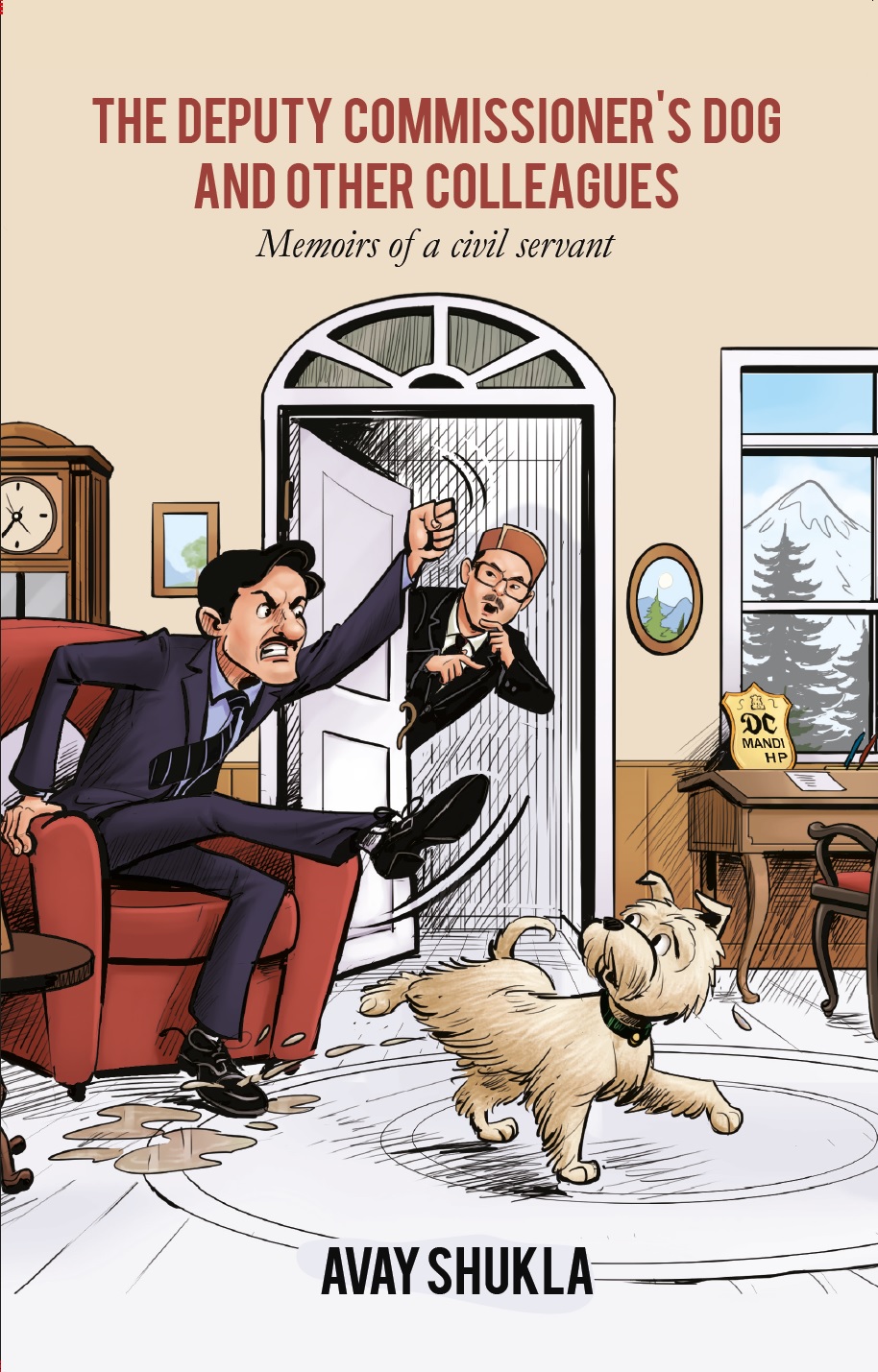Atal Bihari Vajpayee, the first individual who became Prime Minister of India without ever having been a member of the Indian National Congress, was one of the founding members of the Bharatiya Jana Sangh (the predecessor party of the Bharatiya Janata Party) when it was formed in 1951. He became a protégé of the first President of the Jana Sangh Shyama Prasad Mookerjee after he had been inducted into the Rashtriya Swayamsevak Sangh by Balasaheb Deoras as a student in the 1930s. The second sarsangchalak or head of the RSS, Madhav Sadashiv (Guru) Golwalkar had “loaned” him, together with Lal Krishna Advani and Jagannath Joshi, to Mookerjee when he was setting up the Jana Sangh.
Vajpayee was first noticed on the national political stage in 1957 when he was elected to the Lok Sabha from Balarampur in Uttar Pradesh – having failed in his earlier attempt to get elected from Lucknow in a bye-election. Though he had lost from two other Lok Sabha constituencies in that election, forfeiting his deposit in one of them, he was just one among four Members of Parliament belonging to the Jana Sangh in the lower House of Parliament that year. Thereafter he was elected to the Lok Sabha no less than ten times. He lost the elections twice, once in 1962 from Balrampur and again in 1984 after the assassination of Indira Gandhi, when he was defeated by Madhavrao Scindia in Gwalior, Madhya Pradesh, in an election that saw only two MPs from the BJP in the Lok Sabha. Vajpayee was arguably the only MP in India who was elected to the Lok Sabha from four different states: Uttar Pradesh, Madhya Pradesh, Gujarat and Delhi.
His talents were evident even to his political rivals as early as the 1960s when the country’s first Prime Minister Jawaharlal Nehru not only said he had a “bright future” in politics but even went on the state that he could one day become Prime Minister of India, a prescient remark indeed. When Nehru passed away in May 1964, Vajpayee said in poetic prose: “…a dream has been shattered, a song silenced, a flame has vanished in the infinite… Bharat Mata (Mother India) is stricken with grief today – she has lost her favourite prince.”
An occasion when Vajpayee’s remarks created quite a flutter in political circles was in 1971 after the war with Pakistan led to the creation of Bangladesh. He described the then Prime Minister as Durga, one of the popular goddesses in the Hindu pantheon. Ironically, a few years later in 1975, he was among the prominent leaders of the Opposition who was arrested and placed behind bars following the declaration of Emergency by Indira Gandhi in June that year.
As Nehru had predicted, Vajpayee went on to become India’s 10th Prime Minister in May 1996, though only for 13 days. He then became the 13th and 14th Prime Ministers as well. On 17 April 1999, the 13-month-old National Democratic Alliance government headed by him lost a vote of confidence in the 543-member Lok Sabha by a single vote!
When the no-confidence motion against his government was being debated in the Lok Sabha, speaker and speaker were extremely critical of his regime. However, not a single MP pointedly criticized him personally during the debate. In fact, many of his political opponents praised Vajpayee the individual clearly separating his role as head of the Union government. Chief Minister of West Bengal Mamata Banerjee had then remarked that her support was to the NDA led by Vajpayee and not the BJP. Recently, on 7 August, at an event on the occasion of the launch of Rajdeep Sardesai’s book, Shiv Sena leader Sanjay Raut publicly remarked that his party yearned for a return of the Vajpayee-led NDA.
It is widely believed that Vajpayee was not in favour of the 14th general elections being brought forward by more than four months from September-October 2004 to April-May that year and that he was not so sanguine about the efficacy of the BJP’s projection of the “India Shining/Bharat Uday” slogans as an important plank of his party’s pre-election campaign strategy. Nevertheless, he went along with his then-deputy Lal Krishna Advani and other party colleagues – it will perhaps never be known if his reluctance to bring forward the elections was on account of him anticipating a setback for his party and the NDA coalition before the Congress-led United Progressive Alliance coalition came to power.
More than almost any other leader from the BJP and the Sangh Parivar, the family or fraternity of organisations led by the RSS, Vajpayee’s friends and well-wishers cut across party lines and the ideological spectrum. Vajpayee was often perceived as a BJP leader whose views were not always in synch with many of his party members. He was seen to be more of a “moderate” than an aggressive nationalist and a propagator of Hindutvawadi. Immediately after the demolition of the Babri Masjid in December 1992, he described the incident as “India’s darkest hour” even as some of his party colleagues were privately celebrating the demolition and publicly refusing to condemn it.
The perception that he was the “right man in the wrong party” got reinforced when a former general secretary of the BJP, K N Govindacharya, allegedly described him as a mukhauta or a mask to present the more-accommodative, “liberal” face of the party and the Sangh Parivar. Vajpayee, of course, always denied that he had any differences with the political philosophy and ideology of the RSS. In fact, an article he wrote for the Organiser and Panchjanya was titled “The Sangh is my Soul.” His remark about the then Chief Minister of Gujarat Narendra Modi’s need to remember his raj-dharma or the duty of a ruler after the March 2002 anti-Muslim riots in the state is, of course, well-remembered. Many have claimed that Vajpayee wanted Modi replaced but was prevailed upon not to do so.
The former Prime Minister was a highly complex man. He penned poems expressing his empathy with the victims of the nuclear holocaust of Hiroshima and Nagasaki in Japan. Yet he also spearheaded his government’s decision to go ahead with nuclear tests in Pokhran in May 1998. It is said that even during the 1950s, he was of the view that a person could survive with half a piece of bread (adha-roti) instead of a full one but that India needed its own atom bomb to hold its head high in the comity of nations.
As External Affairs Minister in the Morarji Desai government in 1977-78, he became the first person to address the United Nations General Assembly in Hindi, his mother tongue. He had also once noticed a picture of Nehru missing from the corridors of South Block (where the Prime Minister’s Office is located) and remarked about it. Subsequently, the picture was put back in its original place. His attitude was in sharp contrast to the one displayed by the big bosses of current ruling regime who spare no opportunity to denigrate Nehru and his contributions to the country.
While many believe that Vajpayee was the least controversial of all the important leaders of the BJP and the RSS, he did indeed become embroiled in an unusual controversy. The third paragraph of the article mentioned earlier began as follows: “I also participated in the Quit India movement in 1942 and was jailed. I was then studying for my Intermediate examination. I was arrested from my native village in Bateshwar village in Agra district. I was then 16.”
This reference became contentious when, in 1974, the weekly tabloid Blitz published an article, ostensibly at the behest of his political opponents, claiming that Vajpayee’s testimony before a magistrate in Bateshwar on 1 September 1942 was responsible for one “freedom fighter” (who bore a similar surname) Liladhar Bajpai being sentenced to five years rigorous imprisonment by the British government. In 1989, this controversy was revived when 52 MPs wrote a joint letter alleging that Vajpayee had played a “nefarious role” in the Quit India movement against the country’s colonial rulers – curiously, one of the signatories to the letter was P Rangarajan Kumaramangalam who went on to become a minister in the Union government headed by Vajpayee in 1998 and 1999.
This controversy was sought to be “resolved” in 1988 when Frontline magazine did a detailed series of reports on the topic. Vajpayee, in an interview to N Ram who was editing the publication, acknowledged that he and his brother had indeed signed a “confessional statement” wherein Liladhar Bajpai was mentioned as being among those who had led a mob that damaged a government building in Bateshwar in September 1942. Vajpayee told Ram that his statement was recorded in Urdu, a language he could not read and that his statement was not read out to him later.
Vajpayee was known for his skills as an orator; his speeches were pregnant with pauses. His smiling visage and his infectious laugh would disarm his staunchest critic. He loved not only poetry but music and cinema too. He possessed culinary skills as well. His lifestyle was different from many of his compatriots in the Sangh Parivar who liked to be portrayed as austere and ascetic. Once when asked, he did not conceal that he was a bachelor and not a Brahmachari (celibate). He once jocularly remarked to a group of children that he never married because no woman was willing to marry him. He lived for decades with his former teacher and his wife.
He also never concealed the fact that he loved his occasional tipple. Janardhan Thakur in his book All the Janata Men recounts a humorous anecdote when Vajpayee (as External Affairs Minister) had accompanied the then Prime Minister Morarji Desai to the former Soviet Union. There, Desai, teetotaler that he was, had sternly castigated a group of Indian students for loving their alcoholic drinks. Later the students told Vajpayee that this was a way they could keep themselves warm in the cold weather in that country. Vajpayee reportedly then winked at them and told them: “Piyo, piyo” or “keep drinking.”
On Christmas Day 1999 when some of Vajpayee’s supporters were seeking to celebrate his 75th birthday in a grand manner, he told them to call off their plans as a gesture of solidarity with those who were being held hostage in a hijacked aircraft of Indian Airlines at that time. In the middle of 2000, after Vajpayee’s knees were operated on, many felt that by then he was losing the metaphorical spring in his step. A decade or so later his physical condition started deteriorating.
In conclusion, this writer recalls an instance of Vajpayee’s famous humour and love for repartee during an interview that was conducted in 1997 in the lawns of the bungalow he used to reside in. As his foster son-in-law Ranjan Bhattacharjee looked disapprovingly at me, I asked what I thought would be a tough question about the “hidden agenda” of his party and the RSS. He laughed at me and said: “We have only agenda which is open, not gopun” – punning and playing on the Hindi word for secret.
They make few like him in the Sangh Parivar.


